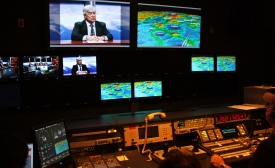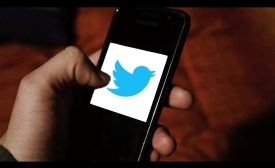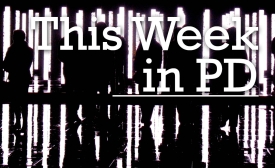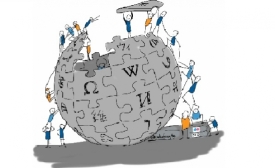new technologies
This Saturday, in over 500 cities worldwide, thousands of people will take to the streets for an unprecedented show of support for all things evidence-based. The range of different groups joining the March for Science — from librarians to artists to teachers to oncologists — highlight the truth behind a phrase that is often dismissed as a cliché: Science really is a universal language. And it is that universality that makes science the ideal conduit for diplomacy in this moment in history.
Language learning was once considered nothing more than a hobby, but as the world continues to become increasingly connected, learning a language other than English is considered a necessity. Advancing technologies have afforded us the ability to communicate no matter where we are in the world, amplifying the importance of foreign language study. The great thing about languages is that, other than being a form of communication, they also serve as a means of relating to others on a cultural level.

As digital communications become more emotionally-charged, digital emotional intelligence is crucial.

According to Markos Kounalakis, America's news ecosystem is segmented and locally-focused, leading to less knowledge of global events.

This research project studied how Twitter is being used in the Gulf Cooperation Council (GCC) countries as a form of digital diplomacy.

PD News headlines focused on global reaction to the deadly terrorist attacks in Paris and the role of social media in public discourse.

Caitlin Byrne, an assistant professor of international relations and a former CPD Research Fellow (2010-2012), and Jane Johnston, an associate professor of media and communication, both at Bond University in Australia, have published a new article.







